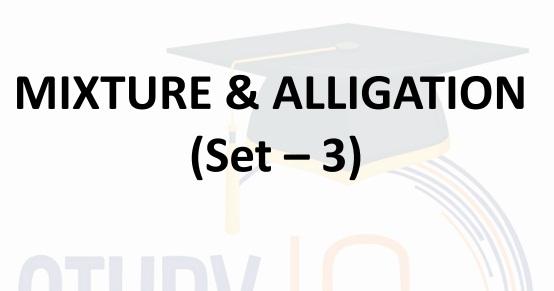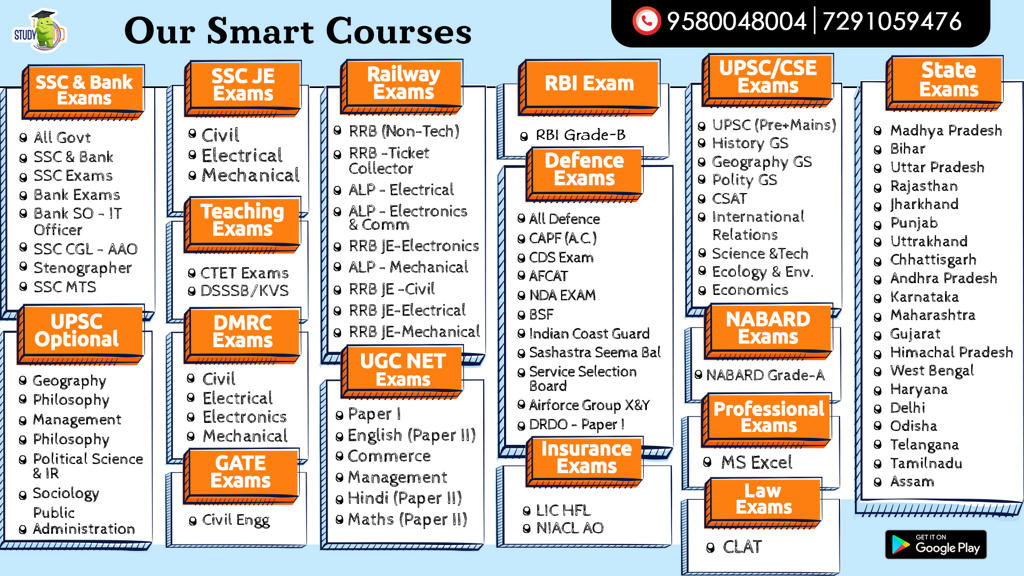Table of Contents


- Spain is a “permanent invitee”
How G20 started?
- The G20 started in 1999, following the Asian financial crisis, as a forum for finance ministers and central bank governors from the major developed and emerging economies to discuss global financial issues.
- Amid the global financial crisis in 2008, it grew into the leaders’ summit,
- A place where presidents and prime ministers could get together for two days to try to solve the world’s economic problems.
- In the run-up to summits, senior officials known as “sherpas” thrash out the issues for discussion, with the aim of getting G20 members to reach agreement at the summit.
- Like sherpas in the Himalayas, they help guide their leaders through often difficult terrain, and do the diplomatic legwork.
Headquarter
- The G20 is not a permanent institution with a headquarters, offices, or staff.
- Instead, its leadership rotates on an annual basis among its members, its decisions are made by consensus, and implementation of its agenda depends on the political will of the individual states.
What is the discussion in G20?
- G20 members meet to discuss mainly economic and financial matters and coordinate policy on some other matters of mutual interest.
- Examples include when the G20 discussed how to address a covert Iranian nuclear plant at the 2009 summit and when the forum debated how to administer a partial cease-fire in Syria at the 2017 summit.
Why does the G20 matter?
Criticism
- G20 has been credited with reaching important agreements such as the trillion-dollar pledge in 2009 to help struggling economies during the global financial crisis.
- Bot since then the G20 has struggled to achieve similar success on its goals of coordinating monetary and fiscal policies, achieving higher growth, and rooting out corruption and tax evasion.
- Experts have argued against the G20’s utility, saying that a “G-Zero” world is emerging instead—one in which countries go it alone or form ad hoc coalitions to pursue their interests.
Importance of the summit
- The two-day meeting of the world’s wealthiest nations comes as President Donald Trump refuses to concede a bitter election and campaigners criticise what they call the G20’s inadequate response to the worst global recession in decades.
- Amid a raging pandemic, the summit, which is usually an opportunity for one-on-one engagements between world leaders, is reduced to brief online sessions of what some observers call “digital diplomacy“.
a new global index
- An official statement by the Ministry of External Affairs said Modi called for a
- “New global index for the post-Corona world that comprises four key elements –
- Creation of a vast talent pool; ensuring that technology reaches all segments of the society; transparency in systems of governance; and dealing with Mother Earth with a spirit of trusteeship”.
- Based on this, the G20 can lay the foundation of a new world.
- The Prime Minister said that while the emphasis over the past few decades has been on capital and finance,
- The time has come to focus on multi-skilling and re-skilling to create a vast human talent pool.
- Modi said that dealing with the environment and nature as trustees rather than owners would inspire us towards a holistic and healthy lifestyle,
- A principle whose benchmark could be a per capita carbon footprint.
Conclusion
- It will culminate in the adoption of the Leaders’ Declaration, and with Saudi Arabia passing on the presidency to Italy.
Q) Which of the following statements regarding Gulf Cooperation Council are correct?
- All the Arab countries are the members of GCC.
- GCC was formed in 1981 as a political, economic & military alliance.
- All current member states of GCC are monarchies.
- 1 & 2 only
- 2 only
- 1 & 3 only
- 3 only
Latest Burning Issues | Free PDF
































 WhatsApp
WhatsApp